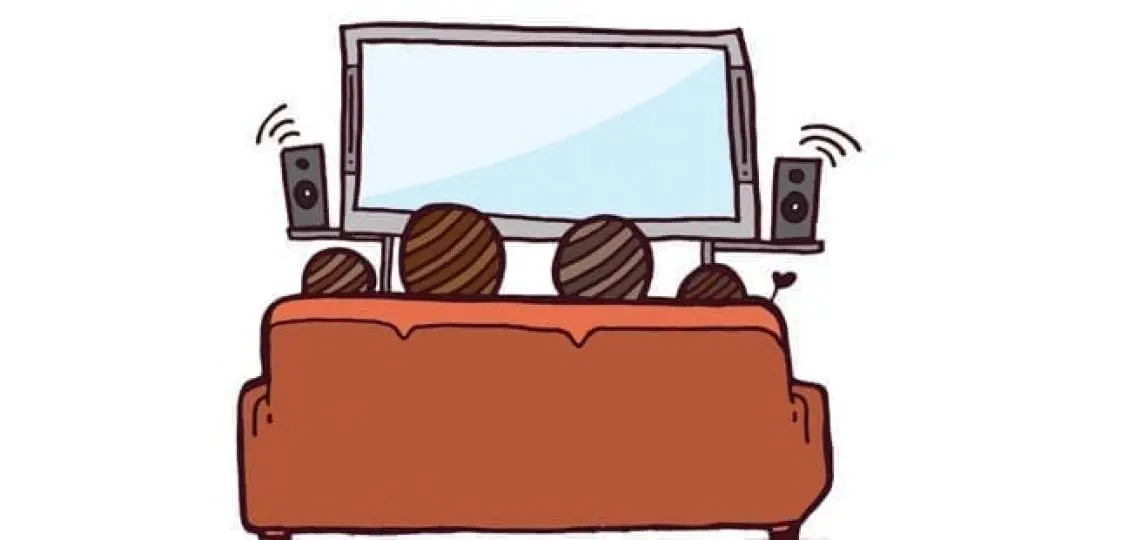When our kids were younger, we watched TV and went to movies together. We listened to music in the car. We knew exactly what they were ingesting. We were their tour guides in the media world.

These days, we are sitting at home reading the texts our teens send as they travel that world without us. But are the music, movies, and YouTube videos having an impact on our teenagers? And can our messages ring louder than what they see, hear, and learn from what they watch?
The answer is a resounding “Yes!” to both those questions.
What They See is What They Do
Watching negative behavior in the media increases teenagers’ mimicry of that behavior, explained Steve Martino, Ph.D., of The Rand Corporation. For example, on TV and in movies, writers often use smoking as a way to show that a character is dangerous or cool.
As a result, some teens may try smoking or seek out relationships with smokers, which makes them more likely to smoke themselves. Alcohol and drugs are also prevalent—and often made glamorous—in the media, with the same impact as cigarettes.
Meanwhile, rates of violence and sexual intimacy also rise according to the number of hours teens watch characters engage in those activities. As Angela Santomero, a longtime television writer, pointed out, kids raised in the United States will see about 200,000 acts of violence on TV before age 18, making them both more likely to act aggressively or permit others to behave that way towards them. Research reveals that teens who watch sexually explicit scenes are twice as likely to be teen parents as teens who watch little to none of these scenes.
The key is to teach our kids to learn from the media rather than copy the behavior that they watch.
4 Ways to Counteract the Media Teens Watch:
1. Make it a family affair
Keep watching together and talk about what you’re watching.Teens do care about parents’ opinions. Instead of attacking a show or its characters, use it as a great “expert consult” with your teen. “Why do you think she made that choice? What would happen if she did this instead? What might one of your friends do in that situation?”
2. Analyze the messaging
Challenge teens to find the propaganda. Nobody likes to be fooled. Encourage your kids to find the “trick”—from product placement to actual manipulation. Teach them to be critical consumers.
3. Show consideration
Be clear but respectful about values. One teen recently said that conversations about content can help, as long as parents don’t make their kids feel like babies.

4. Walk the talk
Do your teens know what you watch and why? Is it clear from your viewing habits what you admire about media?



